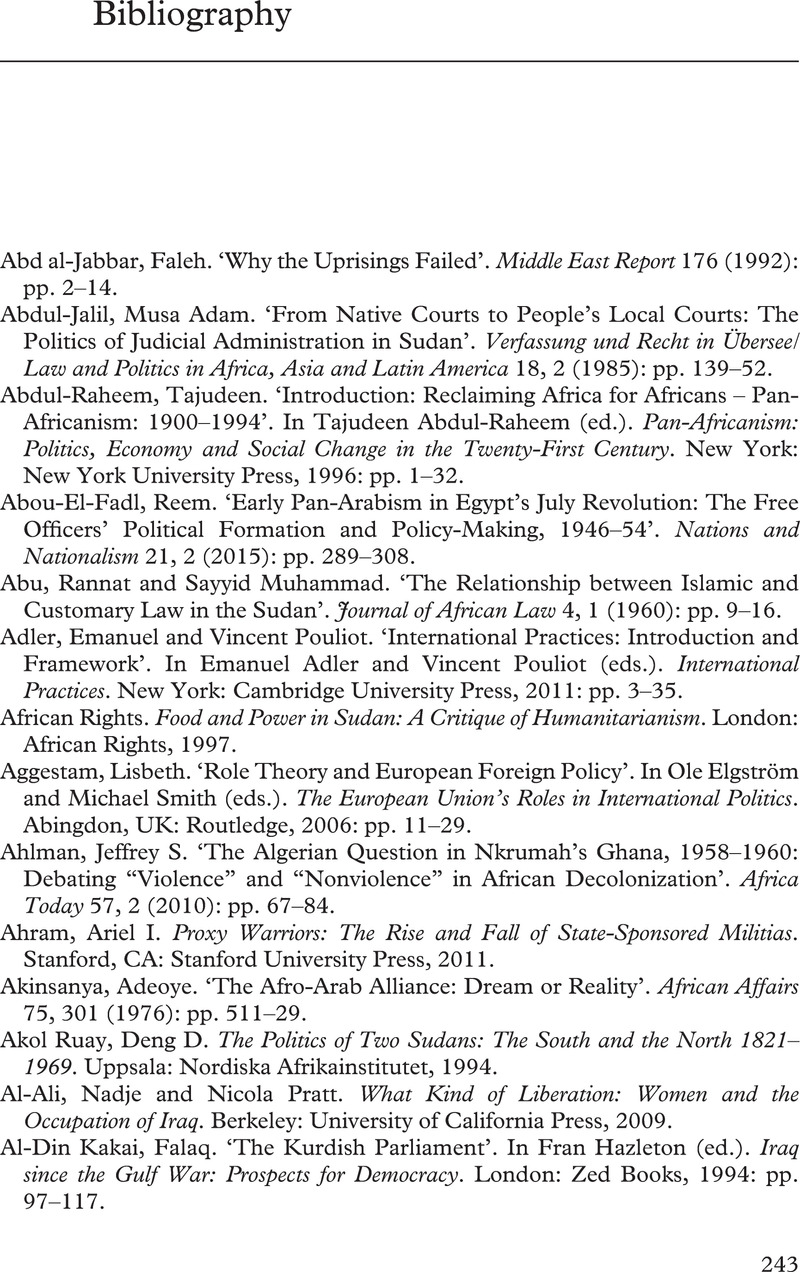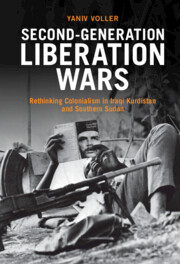Book contents
- Second-Generation Liberation Wars
- Intelligence and National Security in Africa and the Middle East
- Second-Generation Liberation Wars
- Copyright page
- Dedication
- Contents
- Acknowledgements
- Maps
- Abbreviations
- Introduction
- 1 Practices, Roles, Colonialism and Decolonisation
- 2 The Historical and Ideational Context of Postcolonial Liberation Wars
- 3 Postcolonial Governments and Counter-Insurgency
- 4 Second-Generation Liberation Strategies
- 5 Transition in Liberation: From Guerrilla Fighting to State-Building
- Conclusion
- Bibliography
- Index
- References
Bibliography
Published online by Cambridge University Press: 17 February 2022
- Second-Generation Liberation Wars
- Intelligence and National Security in Africa and the Middle East
- Second-Generation Liberation Wars
- Copyright page
- Dedication
- Contents
- Acknowledgements
- Maps
- Abbreviations
- Introduction
- 1 Practices, Roles, Colonialism and Decolonisation
- 2 The Historical and Ideational Context of Postcolonial Liberation Wars
- 3 Postcolonial Governments and Counter-Insurgency
- 4 Second-Generation Liberation Strategies
- 5 Transition in Liberation: From Guerrilla Fighting to State-Building
- Conclusion
- Bibliography
- Index
- References
Summary

- Type
- Chapter
- Information
- Second-Generation Liberation WarsRethinking Colonialism in Iraqi Kurdistan and Southern Sudan, pp. 243 - 262Publisher: Cambridge University PressPrint publication year: 2022

